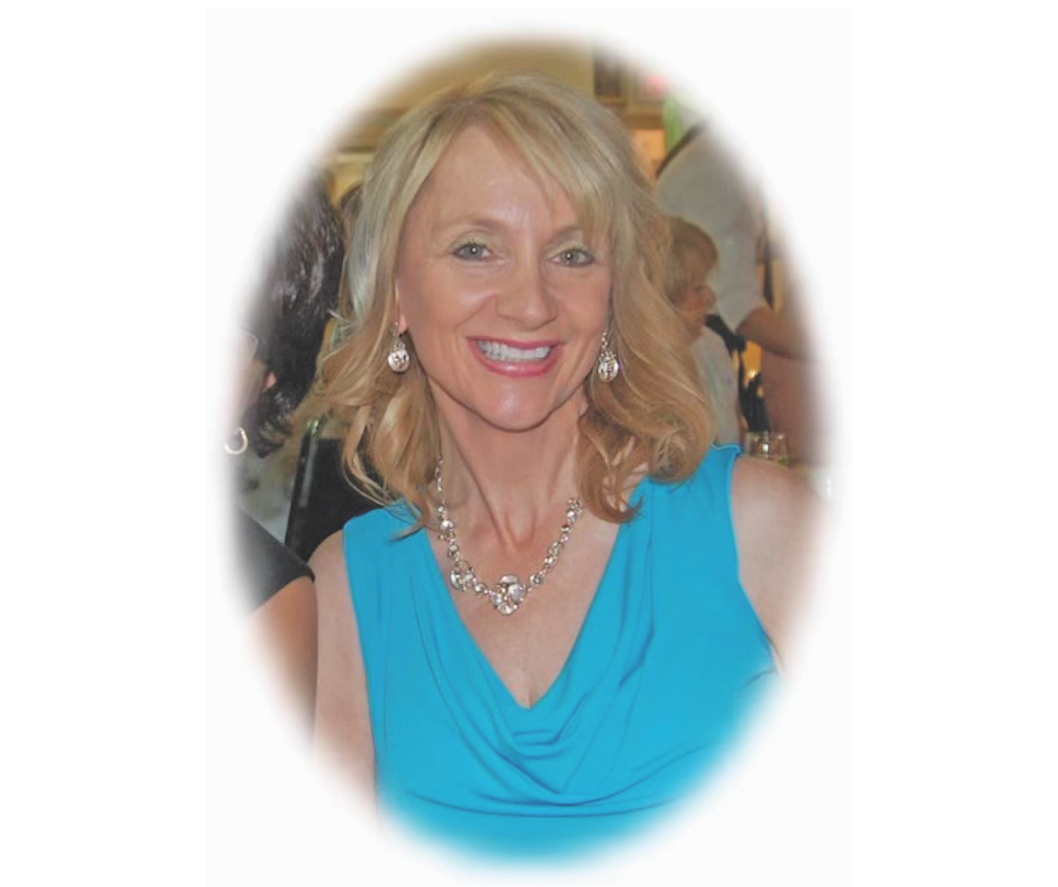When Genevieve “Gig” Dooling noticed subtle changes in her sister Regina’s routines—unfolded laundry, dishes washed and left out, and a growing number of Post-it notes—she never imagined dementia could be the reason. Regina, affectionately known as Jeannie, was in her mid-40s, a mother of teenage twins, and a respected architectural engineering technologist with the Government of Newfoundland and Labrador. Initially, the family attributed the changes to stress.
After several years of uncertainty, a diagnosis of young-onset dementia came as a shock. “Since there was no family history, it was so unbelievable,” Gig said. “She was just one year older than me.” Regina’s first concern was how to tell her elderly parents and teenage children about her terminal illness.
Determined to understand the disease, Gig joined the Alzheimer Society’s First Link® Program, connecting with staff and other care partners, including Roseanne Leonard, whose journey resonated deeply. Shirley Lucas, CEO of the Alzheimer Society, explains that First Link’s® Learning Series is a 15-week program designed to help families navigate dementia. The education program includes information about understanding the dementia diagnosis, legal and financial planning, and accessing community care.
Regina quickly turned her diagnosis into advocacy and joined the IG Wealth Management Walk for Alzheimer’s. Additionally, in 2017, she formed her own team—Regina’s Roses—with a vision of unity and awareness. “I want my team to be big, I want us all to have the same colour t-shirt, and I want them to know there are young people with dementia,” she told her family. Her goal was to show that dementia affects people of all ages, and to inspire others to speak up.
Since then, Regina’s Roses has walked every year, with family and friends rallying under her banner. For Gig, continuing the team’s efforts is about transforming hardship into hope. “Jeannie would be proud that we didn’t give in and become angry,” she said.
Regina’s legacy is one of courage and compassion—encouraging others to seek support, breaking the stigma around dementia, and advocating for dementia-friendly workplaces and health care settings. “There’s still a lot of stigma associated with a dementia diagnosis,” Gig said. “We need to change that.”
Through her advocacy, Regina showed that even in the face of a devastating illness, it’s possible to move forward with purpose—and to inspire a community to do the same. Her story reminds us that dementia doesn’t discriminate by age, and that awareness, education, and compassion are powerful tools for change.
Now it’s our turn to carry that torch.
Whether you’re a care partner, a friend, a business owner, or simply someone who wants to make a difference, the Alzheimer Society of Newfoundland and Labrador is here to help. Their free educational sessions, support programs, and community initiatives are designed to empower, inform, and connect.
Join the movement. Break the stigma. Be part of the solution.
As a Church newspaper with many older readers, I recognise the importance of education when it comes to the realities of Alzheimer’s disease and other forms of dementia. While this article is not directly related to the ministry of the Church, when I was asked if I would consider including it in this issue, I spoke with the Anglican Joint Committee officer, and we both agreed that it is valuable information for our community. Understanding dementia not only helps us support those who may be living with the disease, but also fosters compassion, awareness, and preparedness within our congregations and families.
– Emily F. Rowe
Editor, Anglican Life


